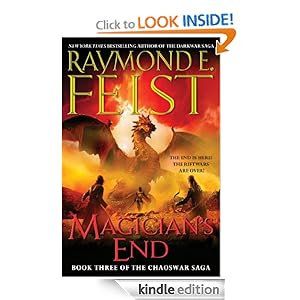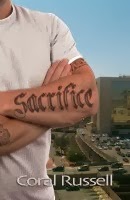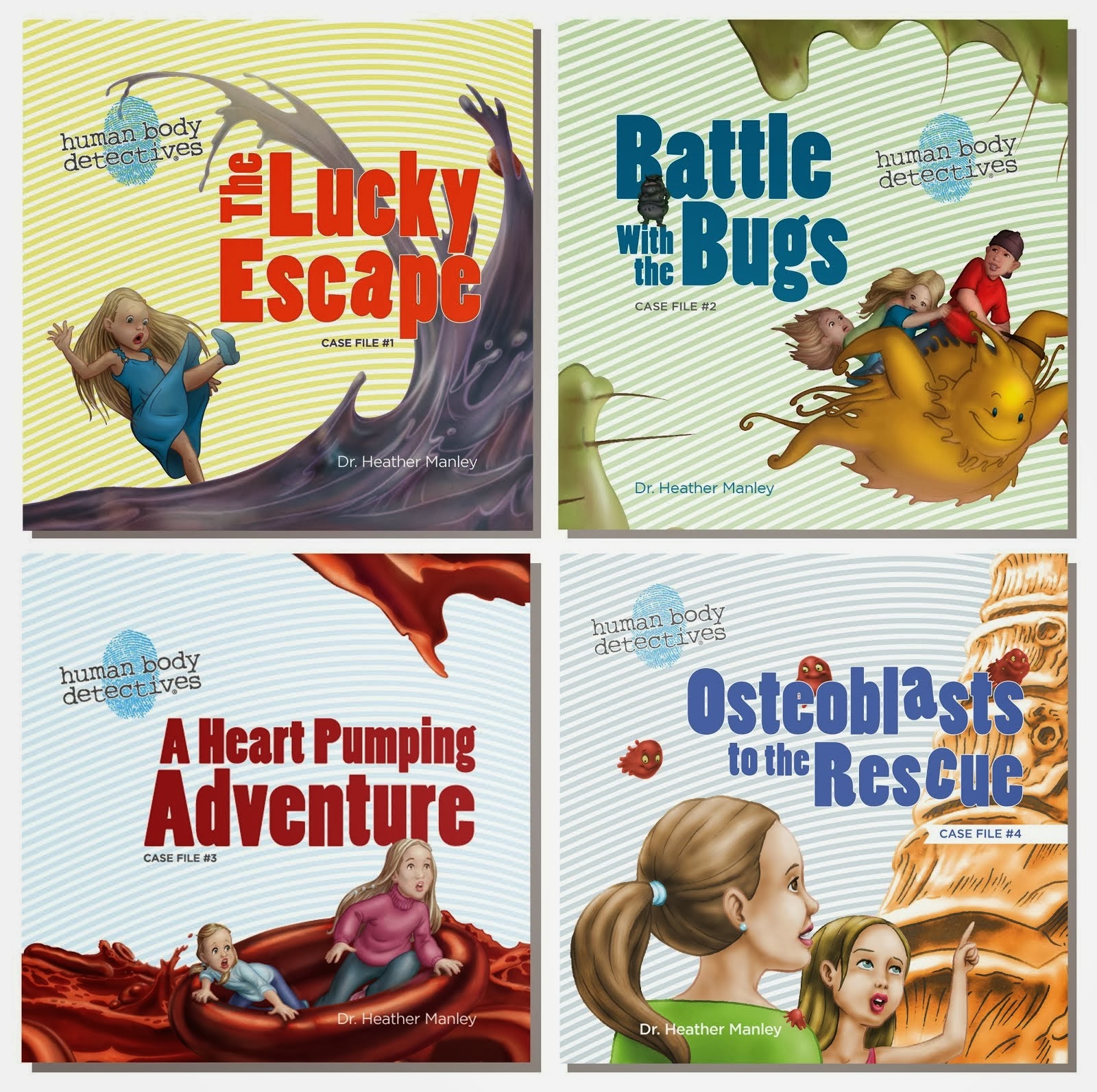Chapter Three: Surviving Life
I woke up to the phone ringing in the middle of the night.
“Tami, you need to pick me up,” I heard Nyle say.
“Where are you?”
“I’m at 7-11,” he said, slurring his words.
He told me the street and packing Bethany into the car, I drove through a light snowstorm to find him.
I located the correct 7-11 and I walked in looking around for Nyle.
“Hey, are you looking for that drunk?” The 7-11 clerk asked as he nodded at me.
“Was a guy here waiting for someone?” I asked.
“Yeah, he wanted booze, I told him to leave.”
“Do you know which way he went?” I asked.
“Have no idea.”
Leaving the store and getting back in my car, my hands clenched the steering wheel. I drove around looking for Nyle, scolding myself for coming out in the snow with Bethany in a car that didn’t have snow tires, to look for a drunken soon-to-be ex-husband.
I found Nyle wandering the sidewalk. Pulling over, I rolled down the passenger window.
“Nyle, what are you doing? Get in the car.”
He just looked at me, obviously drunk, confused, and swaying as he tried to keep his balance.
He crawled into the front passenger seat, laid his head back, and closed his eyes. I drove him back to my apartment. Once I parked the car, I realized I had no idea how to get him from there to inside my apartment. It was too cold to leave him in the car overnight, though I did consider it. I looked over at Nyle, and I wondered what the hell I was doing and how I was going to get him to wake up.
After continually pushing on his arm to wake him up, he finally roused awake enough to stumble into my apartment. He immediately staggered over to the couch and collapsed on it. I gently placed Bethany in her crib, gazing at her as she slept. In that moment, I was grateful I was divorcing Nyle and knowing my daughter was safe and asleep, I immediately fell asleep too.
I was still on maternity leave, so I was home the next morning when someone came to get Nyle for work.
“Hey, you need to wake him up,” Nyle’s friend said. He had figured out that Nyle was here when he didn’t show up at the barracks last night.
“I tried, I can’t get him up. I think he’s still drunk.”
“He’s going be in trouble if he doesn’t show up to formation.” Giving up, the guy left.
Walking over to Nyle and pushing on him hard, I said, “Nyle, wake up! GET UP! You have to get up for work!” I felt like I was yelling at a deaf person.
He finally opened his eyes and looked at me with a confused expression. He seemed to be trying to remember how he got to my apartment. He slowly sat up, keeping his hands on the couch for balance. He mumbled something, but it sounded as if his mouth was full of cotton. He stood up and with a shaky walk he made his way to the phone as I watched him call a friend to come get him.
Later that day, as I sat on the couch, in my apartment, I looked at my bills and felt my ongoing fear starting to rise. I began looking at my past choices. At eighteen, I had made the choice to marry and by nineteen, I had made a choice to be a mother. I had stayed with Nyle for fifteen months even though he was drinking and would be violent when he was drunk. I wasn’t proud that I was working at McDonald’s to meet basic financial needs, and I was fearful on a daily basis.
How was I going to fix this? How was I going to survive? Would things ever change? Would I ever be happy? Would I ever earn more than slightly above minimum wage? I didn’t know.
I walked around the apartment while Bethany was napping in her crib. Without Nyle there, the apartment was cleaner and I didn’t fear the weekends anymore. I still had to deal with the holes in the doors and walls at some point.
Out of desperation, the next day, I took my wedding ring to the pawnshop and I was grateful for the cash. It had a couple of diamonds, so they offered me a decent sum of money.
When my mom called to see how I was doing, I told her I had pawned my wedding ring.
“Why did you pawn your ring?”
“I needed the money,” I said, feeling depressed.
“Well, we’ll give you the money to go and buy it back. You don’t want to pawn your ring.” With my parents’ financial assistance, I bought back my ring before it was sold to someone else. But what about next month, when money would once again be tight?
That week, the manager at McDonald’s called to make sure I was still coming back to work when my maternity leave ended.
I told him I couldn’t wait to get back to work and I meant it. I was looking forward to having at least a few dollars in my wallet.
I spent the next couple of weeks getting on a schedule with Bethany and looking for home daycares. I found one near my apartment.
I returned to work, and I happily started earning money again. I was receiving child support, and life began to take on a more routine state, but I was experiencing a lot of anxieties. I still wanted a man to make me feel better about myself. I didn’t understand that I was not giving myself the credit I deserved in being able to love and take care of myself. As a result, I drew in the same types of people and relationships as before.
Not long after returning to work, I ran into Josh, a guy I had briefly dated when I was seventeen years old. We easily picked up where we left off and we quickly became exclusive in our dating.
Initially, Josh was attentive toward Bethany, and we had fun getting to know each other again, but it didn’t take long before we began to fight. We would get into yelling matches that were reminiscent of my relationship with Nyle, always fighting about something that wasn’t even important. We were young, immature and neither one of us knew how to communicate. Still, I was thankful he was in my life when one day out of the blue, I found Nyle knocking on my door.
“Tami, can we talk?” Nyle asked. Standing there waiting for me to say it was okay for him to come into the apartment. His hands were in his pockets and I noticed the tension he held in his shoulders.
“I guess…”
He walked into my apartment and sat down on the couch.
“Tami, I’m sorry. I screwed up.” He paused and then said, “I know I messed up with you….” Nyle’s voice trailed off and I waited for him to continue, not really knowing where this was heading.
He finally continued, “What do you think. Could we try again?”
I looked at him wondering what to say. Despite our fighting, I had strong feelings for Josh and now, here was Nyle apologizing and proposing we try again. As I paused, not sure what to say to him, I looked around my apartment. It was cleaner, and I immediately noticed the still unpatched holes in the wall and doors. I wasn’t sure I wanted to start again and have the same old result of drunken weekends.
“I don’t think it’s a good idea…” I said.
He left without much hesitation. That was my clue that he wasn’t invested in starting over, but maybe just looking for convenience. I knew he never liked living in the barracks on base. Also, I always wondered if his mother had talked him into trying to get back together or if it was all his idea. I knew she wanted me to take care of him.
I had begun to understand that it was never my job to take care of Nyle. That was his job. Although it took me a few years to fully realize that I needed keep my focus on caring for Bethany and myself. Even then I had begun to understand this and that I didn’t need to feel guilty for leaving Nyle.

Buy Now @ Amazon
Genre - Memoir
Rating – PG-13
More details about the author and the book
Connect with Tami Urbanek on Facebook & Twitter














































